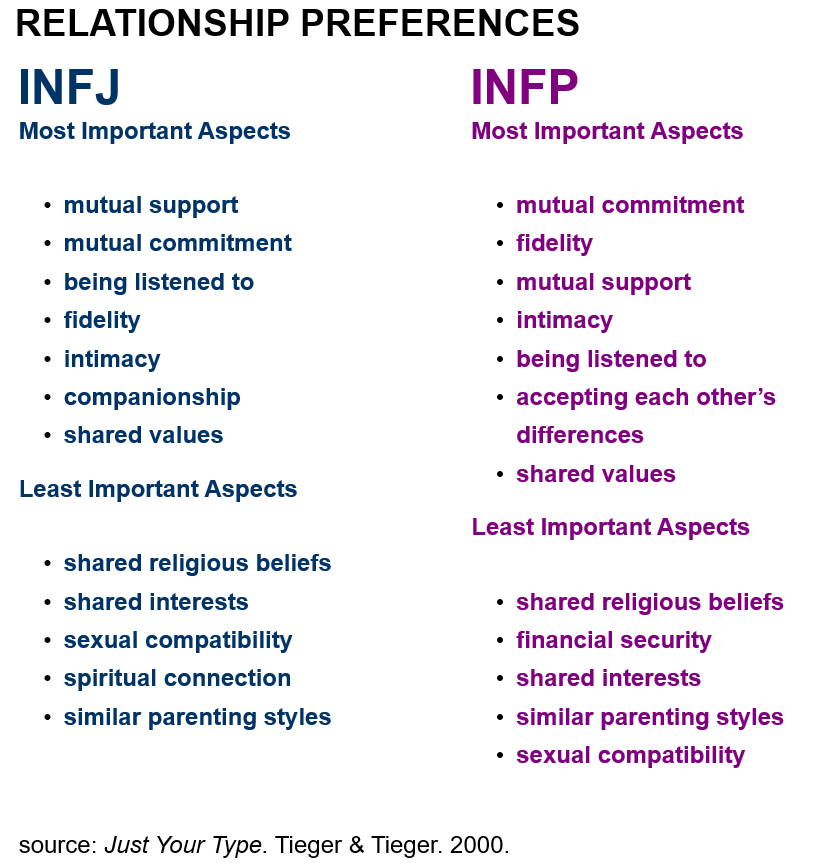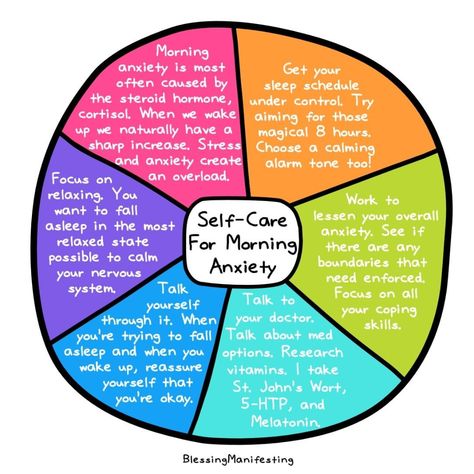Why giving is good
5 Ways Giving Is Good for You
Holiday shopping can be terrifying, yes. But research suggests it’s worth it: New studies attest to the benefits of giving—not just for the recipients but for the givers’ health and happiness, and for the strength of entire communities.
Of course, you don’t have to shop to reap the benefits of giving. Research suggests the same benefits come from donating to charities or volunteering your time, like at a soup kitchen or a homeless shelter. Here are some of the ways that giving is good for you and your community.
© Roger Jegg
1. Giving makes us feel happy. A 2008 study by Harvard Business School professor Michael Norton and colleagues found that giving money to someone else lifted participants’ happiness more that spending it on themselves (despite participants’ prediction that spending on themselves would make them happier). Happiness expert Sonja Lyubomirsky, a professor of psychology at the University of California, Riverside, saw similar results when she asked people to perform five acts of kindness each week for six weeks.
Meet the Greater Good Toolkit
From the GGSC to your bookshelf: 30 science-backed tools for well-being.
These good feelings are reflected in our biology. In a 2006 study, Jorge Moll and colleagues at the National Institutes of Health found that when people give to charities, it activates regions of the brain associated with pleasure, social connection, and trust, creating a “warm glow” effect. Scientists also believe that altruistic behavior releases endorphins in the brain, producing the positive feeling known as the “helper’s high.”
2. Giving is good for our health. A wide range of research has linked different forms of generosity to better health, even among the sick and elderly. In his book Why Good Things Happen to Good People, Stephen Post, a professor of preventative medicine at Stony Brook University, reports that giving to others has been shown to increase health benefits in people with chronic illness, including HIV and multiple sclerosis.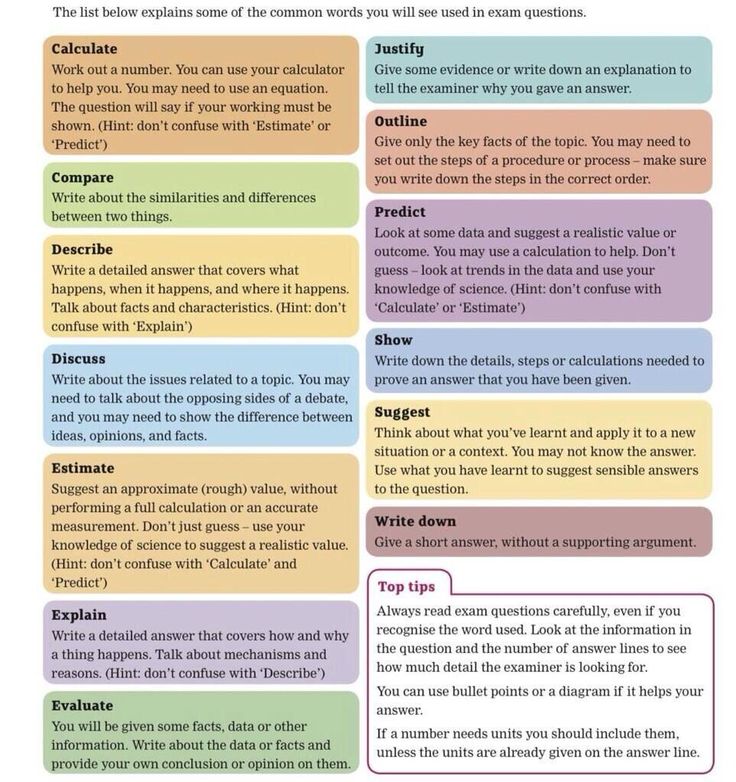
A 1999 study led by Doug Oman of the University of California, Berkeley, found that elderly people who volunteered for two or more organizations were 44 percent less likely to die over a five-year period than were non-volunteers, even after controlling for their age, exercise habits, general health, and negative health habits like smoking. Stephanie Brown of the University of Michigan saw similar results in a 2003 study on elderly couples. She and her colleagues found that those individuals who provided practical help to friends, relatives, or neighbors, or gave emotional support to their spouses, had a lower risk of dying over a five-year period than those who didn’t. Interestingly, receiving help wasn’t linked to a reduced death risk.
Researchers suggest that one reason giving may improve physical health and longevity is that it helps decrease stress, which is associated with a variety of health problems. In a 2006 study by Rachel Piferi of Johns Hopkins University and Kathleen Lawler of the University of Tennessee, people who provided social support to others had lower blood pressure than participants who didn’t, suggesting a direct physiological benefit to those who give of themselves.
3. Giving promotes cooperation and social connection. When you give, you’re more likely to get back: Several studies, including work by sociologists Brent Simpson and Robb Willer, have suggested that when you give to others, your generosity is likely to be rewarded by others down the line—sometimes by the person you gave to, sometimes by someone else.
These exchanges promote a sense of trust and cooperation that strengthens our ties to others—and research has shown that having positive social interactions is central to good mental and physical health. As researcher John Cacioppo writes in his book Loneliness: Human Nature and the Need for Social Connection, “The more extensive the reciprocal altruism born of social connection . . . the greater the advance toward health, wealth, and happiness.”
What’s more, when we give to others, we don’t only make them feel closer to us; we also feel closer to them. “Being kind and generous leads you to perceive others more positively and more charitably,” writes Lyubomirsky in her book The How of Happiness, and this “fosters a heightened sense of interdependence and cooperation in your social community. ”
”
4. Giving evokes gratitude. Whether you’re on the giving or receiving end of a gift, that gift can elicit feelings of gratitude—it can be a way of expressing gratitude or instilling gratitude in the recipient. And research has found that gratitude is integral to happiness, health, and social bonds.
Robert Emmons and Michael McCullough, co-directors of the Research Project on Gratitude and Thankfulness, found that teaching college students to “count their blessings” and cultivate gratitude caused them to exercise more, be more optimistic, and feel better about their lives overall. A recent study led by Nathaniel Lambert at Florida State University found that expressing gratitude to a close friend or romantic partner strengthens our sense of connection to that person.
Barbara Fredrickson, a pioneering happiness researcher, suggests that cultivating gratitude in everyday life is one of the keys to increasing personal happiness. “When you express your gratitude in words or actions, you not only boost your own positivity but [other people’s] as well,” she writes in her book Positivity. “And in the process you reinforce their kindness and strengthen your bond to one another.”
“When you express your gratitude in words or actions, you not only boost your own positivity but [other people’s] as well,” she writes in her book Positivity. “And in the process you reinforce their kindness and strengthen your bond to one another.”
5. Giving is contagious. When we give, we don’t only help the immediate recipient of our gift. We also spur a ripple effect of generosity through our community.
A study by James Fowler of the University of California, San Diego, and Nicholas Christakis of Harvard, published in the Proceedings of the National Academy of Science, shows that when one person behaves generously, it inspires observers to behave generously later, toward different people. In fact, the researchers found that altruism could spread by three degrees—from person to person to person to person. “As a result,” they write, “each person in a network can influence dozens or even hundreds of people, some of whom he or she does not know and has not met.”
“As a result,” they write, “each person in a network can influence dozens or even hundreds of people, some of whom he or she does not know and has not met.”
Giving has also been linked to the release of oxytocin, a hormone (also released during sex and breast feeding) that induces feelings of warmth, euphoria, and connection to others. In laboratory studies, Paul Zak, the director of the Center for Neuroeconomics Studies at Claremont Graduate University, has found that a dose of oxytocin will cause people to give more generously and to feel more empathy towards others, with “symptoms” lasting up to two hours. And those people on an “oxytocin high” can potentially jumpstart a “virtuous circle, where one person’s generous behavior triggers another’s,” says Zak.
So whether you buy gifts, volunteer your time, or donate money to charity this holiday season, your giving is much more than just a year-end chore. It may help you build stronger social connections and even jumpstart a cascade of generosity through your community. And don’t be surprised if you find yourself benefiting from a big dose of happiness in the process.
And don’t be surprised if you find yourself benefiting from a big dose of happiness in the process.
Greater Good wants to know: Do you think this article will influence your opinions or behavior?
Submitting your rating
Why Giving Is Good for Your Health – Cleveland Clinic
We all know that giving helps others. You can make a big difference in this world of ours by offering time and support to friends and family, volunteering for organizations or donating to charities.
But did you know that the warm and fuzzy feeling you get from helping others is actually good for you, too?
That’s not just some “good vibe” theory, either. There’s science behind it. Research shows that giving can boost your physical and mental health in numerous ways. Let’s find out more with psychologist Susan Albers, PsyD.
Health benefits of givingA smile isn’t the only reaction that comes from gift-giving. There’s also a chemical response that takes place in your body in response to … well, just doing something nice.
As you help someone or give a gift, your brain secretes “feel good” chemicals such as:
- Serotonin (which regulates your mood).
- Dopamine (which gives you a sense of pleasure).
- Oxytocin (which creates a sense of connection with others).
“When we do things for other people, it makes us feel much more engaged and joyful,” says Dr. Albers. “That’s good for our health and our happiness.”
Physical and mental health benefits associated with giving or serving can include:
Advertising Policy
Lower blood pressureGenerosity truly is good for your heart, says Dr. Albers. Researchers found that giving to others can lower your blood pressure and protect your ticker. (The effect, by the way, is similar to the positive results brought by a healthy diet and exercise.)
A longer lifespanThe secret to living longer may be giving more of yourself. Studies show that people who volunteer tend to live longer than those who don’t.
Want to melt away stress? The best solution may be to help someone else. Gift-giving or volunteering can reduce your levels of cortisol, the stress hormone that can make you feel overwhelmed or anxious.
A ‘helper’s high’Giving can stimulate your brain’s mesolimbic pathway, or reward center, while releasing endorphins. That can lead to a “helper’s high” that boosts self-esteem, elevates happiness and combats feelings of depression.
How to give on a budgetLet’s start with this fact: It’s not about money. “Some of the best gifts don’t cost anything,” notes Dr. Albers. “In fact, acts of service often reflect the most thought and care and can be more meaningful than anything you purchase.”
“Act of service” gifts include anything that helps someone out and makes their life just a bit easier. Examples include:
Advertising Policy
- Walking a neighbor’s dog.
- Doing a housemate’s chores.

- Offering free babysitting for a family friend.
- Helping a tech-challenged relative set up a computer or TV.
Think about tapping into your creative talents for meaningful gifts, too. Maybe that means drawing a portrait for someone or putting together a journal or album highlighting special memories.
Another bonus of a homemade gift? They’re usually budget-friendly, a big plus given the stress that can come with personal finances.
“Using your natural skills can lead to gifts that are heartfelt, memorable and much more meaningful than anything you find in a store,” says Dr. Albers. “It’ll make the recipient feel very special.”
And odds are you’ll feel pretty good, too.
When is it better to repay debts so as not to go broke
|
Alina Potemkina nine0007Alina Potemkina Journalist Society13 222 nine0005
Photo: depositphotos / kritchanut
We all love it when money comes into our lives, and we are extremely reluctant to part with it. But not only gambling debt is a matter of honor; You also have to give financial. Few people know, but there are nuances in this unpleasant occupation that will help attract cash flows into your life. To do this, you need to repay debts according to the rules, of which there are many. Before diving headlong into all the signs and superstitions, it is worthwhile to figure out which days of the week it is better to pay off loans, and which ones are not worth it. nine0005
But not only gambling debt is a matter of honor; You also have to give financial. Few people know, but there are nuances in this unpleasant occupation that will help attract cash flows into your life. To do this, you need to repay debts according to the rules, of which there are many. Before diving headlong into all the signs and superstitions, it is worthwhile to figure out which days of the week it is better to pay off loans, and which ones are not worth it. nine0005
Monday is known to be a tough day. And therefore, it is not suitable for repayment of debts. Anyone who decides to pay off the creditor at the very beginning of the week runs the risk of incurring the fate of an eternal debtor. It is better to be patient until the right day, writes Rsute.ru.
Tuesday - already warmer, but not yet hot. If this is a deadline, and circumstances dictate their own rules, it is possible to repay the debt, but it is undesirable. It is also not recommended to borrow on this day - it is likely that soon you yourself will ask your friends to help you out with a ruble.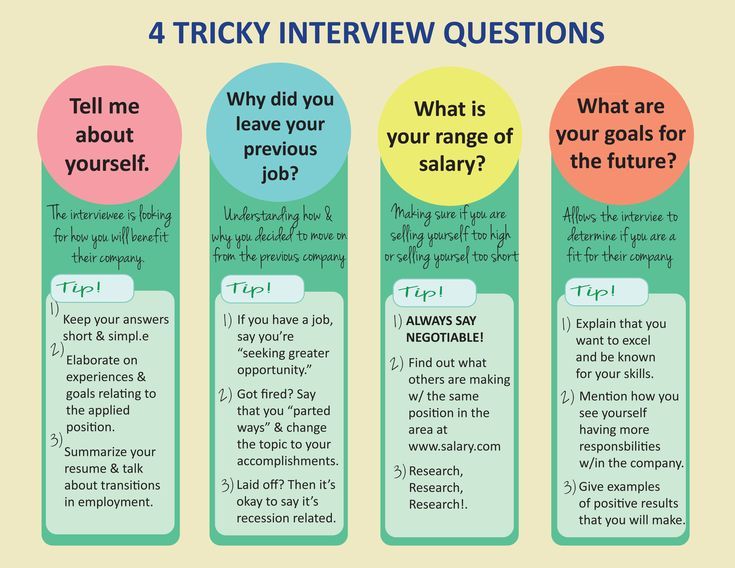 nine0005
nine0005
Wednesday is one of the most favorable days for a refund. But borrowing in the middle of the week is not recommended: you will be long and painful to beat your hard-earned money out of the borrower.
Thursday is the best time to pay your bills. The money you give back on this day will come back to you a hundredfold. But one should not deliberately distribute them right and left, this rule applies only to the return of debts.
Friday is not a good time to get out of debt. At the end of the working week, negative accumulates, which can be transferred with banknotes to another person. Yes, and money is "vindictive" - they will not forgive the former owner for making them a carrier of negative emotions. nine0005
Saturday is a neutral day. You can both lend and repay. Most financial transactions on Saturday will be safe and will not ruin you.
Sunday - the last day of the week is not suitable for distributing debts. In general, it is better to refrain from unnecessary manipulations with money and postpone all affairs to the next week.
In general, it is better to refrain from unnecessary manipulations with money and postpone all affairs to the next week.
In addition to temporary rules, there are a number of signs that will help save your fortune. It is better to take money in large denominations, and to give - in small ones. You should not transfer money in the evening. If you really have to, put them on the table, and do not pass them from hand to hand. nine0005
Previously, 5-tv.ru told what signs promise sudden wealth.
Money debts Credit Signs
-5° 760 mmHg Art.
79%
64.61
0.31 68.78
0.33
🧙♀ Horoscope for all zodiac signs for December 18
What is the best day to repay debts?
The fourth day of the week is considered the best time to pay off debts.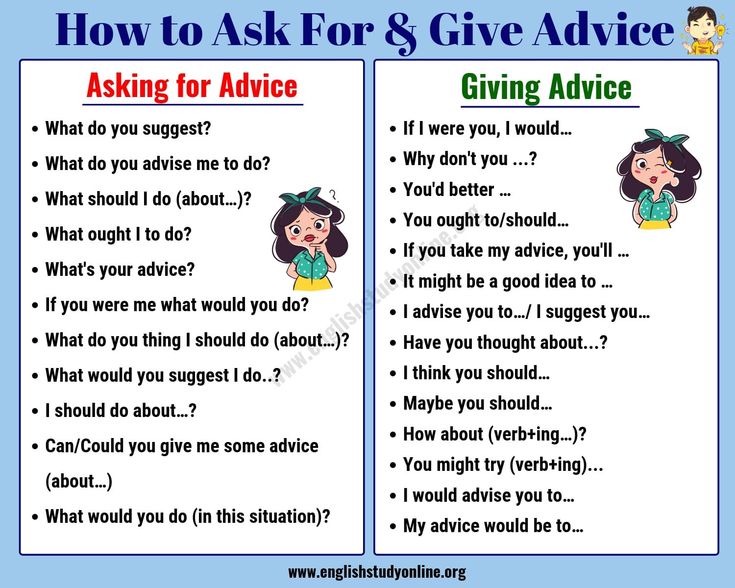
Thursday is the best time to pay your bills. The money that you give away on this day will come back to you a hundredfold. But you should not deliberately distribute them right and left, this rule only applies to the return of debts . Friday is a bad time to get even with debt . nine0005
Thursday is the best time to pay your bills. The money you give out on this day will come back to you a hundredfold. But you should not intentionally distribute them right and left, this rule applies only to the return of debts.
When is the best time to repay debts?
When is the best time to repay debts: at what time of the day, according to the lunar calendar, so as not to become poor. Back in the days of Kievan Rus, people wondered when it was better to repay debts so that the transfer of money would not put an end to financial well-being and steal good luck. nine0005
Is it possible to borrow money on this day?
You can neither take a debt nor repay it on this day. Otherwise, the debtor or lender will, like Sisyphus, again and again drag the stone of the financial burden on himself, but again and again wealth will not come to the house. On this day, you can take a debt, although the ancestors do not recommend doing this. The same applies to the return of debt.
Otherwise, the debtor or lender will, like Sisyphus, again and again drag the stone of the financial burden on himself, but again and again wealth will not come to the house. On this day, you can take a debt, although the ancestors do not recommend doing this. The same applies to the return of debt.
Is it possible to lend the entire amount?
If the debtor cannot repay the entire amount for serious reasons, at least a part must be returned. It is important to remember that the appropriation of other people's money will negatively affect the well-being of the person who borrowed. To avoid financial hardship in the future, borrow money only when you absolutely need it. nine0005
How to lend money?
When you borrow money, give something in return, such as a memento or a trinket. Never give money on church holidays, as well as on fasting. Try to give a large amount so that they give you change from it, so you can get rich in the near future.
Try to give a large amount so that they give you change from it, so you can get rich in the near future.
What should you say when you give money?
Paying off a debt, need to say the following : 'You have now - and I will soon have'. Higher powers will hear the request and help fulfill the desire. It is advisable to borrow in large bills, and return in small ones, then wealth will be attracted. nine0005
What days are you not allowed to lend money?
When it is forbidden to lend money
- In the evening, after sunset.
- On Sunday, Wednesday and Friday (due to religious motives: there is always a service in the church on Sunday, Wednesday and Friday are mostly fast days ).
- For major church holidays such as Easter, Christmas, Epiphany, Trinity, etc.

Which hand to take and give money? nine0078
Which hand to repay debts or just give money ? Our ancestors also came up with the rules for transferring money . According to signs, if you want you to always have money , then you need to give only with your right hand . So you will show the higher forces that you do not follow the lead of your emotions and thoughts.
When is it necessary to repay the debts of signs?
According to signs , money is best returned in the morning. It is not recommended to extinguish debt after sunset, as this will negatively affect future financial well-being. According to the folk , you will accept , if you give money in the evening, they will continue to flow through your fingers.
How to borrow money correctly?
It's better to say directly: “I have business with you. Can you borrow money for me ?” Do not use language like “Could you,” “Will you?” - they immediately provoke a refusal. In general, it is better not to contact people who, as you know, are stingy. Choose a borrower not on the principle of “rich”, but on the basis of the wording “not stingy”. nine0005
In general, it is better not to contact people who, as you know, are stingy. Choose a borrower not on the principle of “rich”, but on the basis of the wording “not stingy”. nine0005
How to issue a refund of a debt on a receipt?
However, even in this case, a few simple rules must be observed.
- Receipt is written by hand personally by the person to whom you lend money.
- Receipt contains the passport details of the debtor and the creditor, the amount of the loan, and the date the money was transferred.
- Borrower must acknowledge receipt of money by signing.
How to refuse and not lend? nine0078
How to refuse if they ask for money in debt : 5 ways This is the simplest and most effective. 
Where can I get a loan against receipt?
Where to get money on receipt : sources of improving financial stability
- online services of microcredit organizations;
- bulletin boards;
- portals, forums;
- websites of investors selling financial services.
How to make sure that you don't ask for a loan?
How to refuse if ask for a loan
- “We are very sympathetic, but we are looking for someone to borrow from.”
- "I was already let down once and did not get back a large sum."
- "I would like to help, but I can't, I just have to pay a loan fee."
- "I put everything in the deposit yesterday."
- "Have you tried to take out a loan?".
How to take and give money correctly?
If you have to receive funds from someone or pay cash at the cash desk, then it is better to accept them with your left hand, which is directly connected with the heart. This will be a symbol of gratitude sent to the Universe. At the same time, if the giver causes unpleasant feelings, then money should be put on something wooden.
This will be a symbol of gratitude sent to the Universe. At the same time, if the giver causes unpleasant feelings, then money should be put on something wooden.
Which hand to give money in the evening?
How to give and borrow money
It is better not to transfer money from hands to hands . This brings poverty to both the one who borrows and the one who lends. In order to avoid the negative meaning of this belief, put banknotes on any surface - a table, chair, cabinet. Give bills with your left hand . nine0005
Where to keep money at home signs?
Money in house
It is not worth keeping next to the front door. One of the best places for storage is called the living room. Keeping money in the kitchen is also allowed. At the same time, it is believed that in house , money should have its own place, securely hidden from prying eyes - a kind of hiding place.
When is it better to repay a debt on a waning or growing moon? nine0078
Repaying debts is recommended for waning moon . The second part of the cycle is considered an auspicious time for purification, both spiritual and physical.
When is it better to repay debts according to the lunar calendar 2021 august?
Pay off debts : 4, 8, 12, 13, 28 August . Do not repay debts : 5 August . Count money: 17, 18, 29 August . Buy wallet: 26 August . nine0005
When to borrow?
According to signs, you can borrow money in debt on Monday, Tuesday and Wednesday. The sooner a person does this, the higher the likelihood that he will return the money on time. It is advisable to take money on Monday morning. According to signs, such debts will not harm friendship and partnerships.
What is the best way to repay debt?
- When you take out a loan, it is better to offer something on loan.



